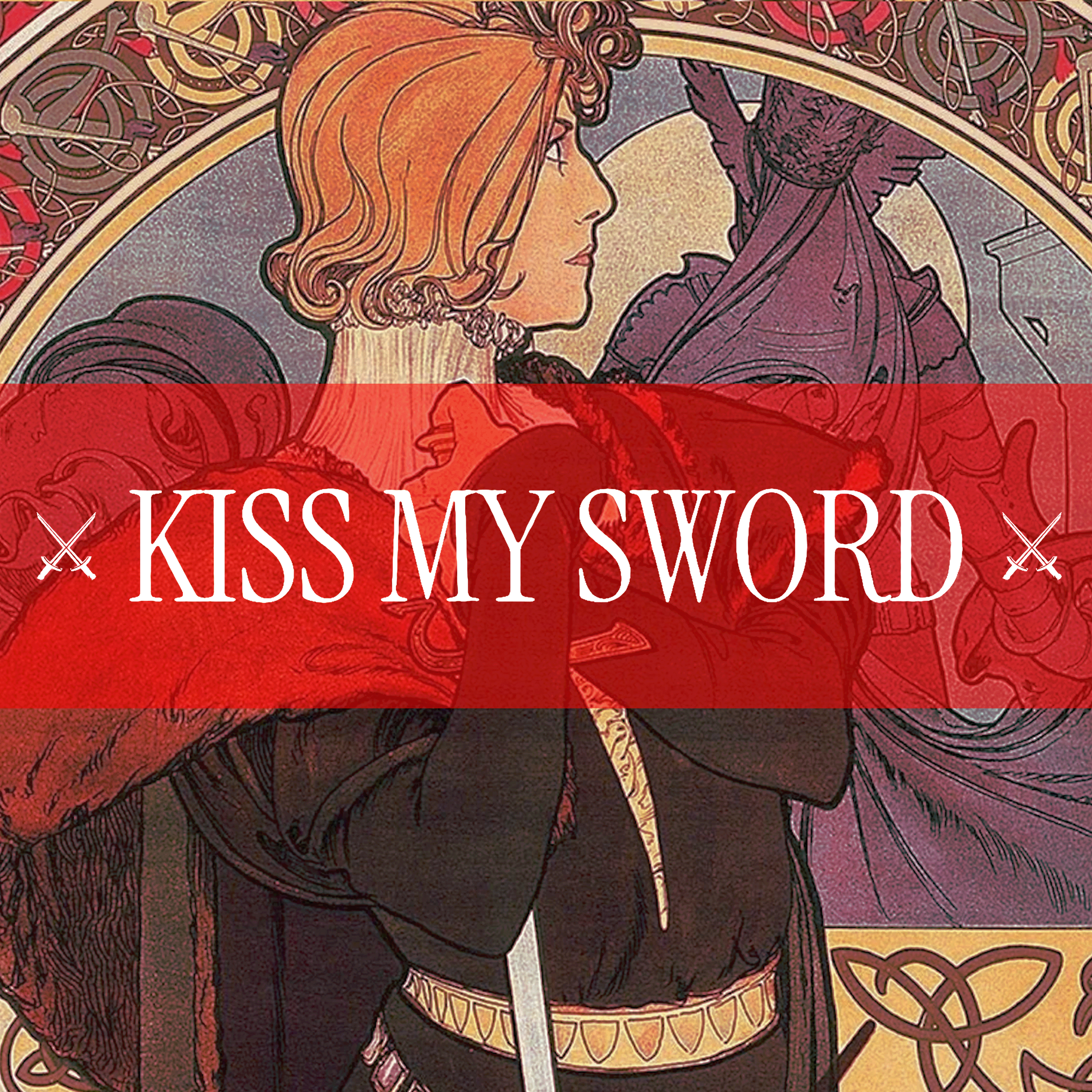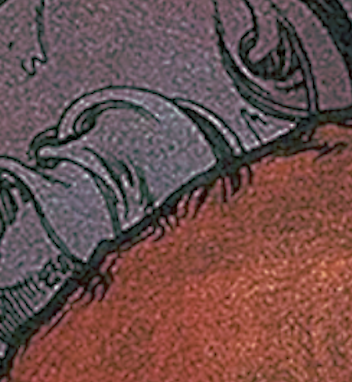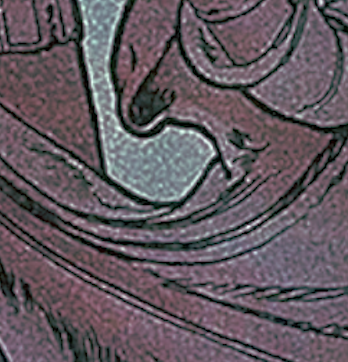
2025
Sword Songs
SONG CYCLE FOR SOPRANO, MEZZO-SOPRANO AND PIANO
Commissioned by Lyric Opera Melbourne
COMPOSER / Meta Cohen
LIBRETTIST / Evan Bryson
DRAMATURG / Alyson Campbell
Sword Songs is a theatrical song cycle about the life of 17th century sword-fighter, opera singer and queer icon Julie d’Aubigny.
This song cycle is part of the development of Kiss My Sword, a new chamber opera about Julie.
She burned down convents, fought in duels, and won the hearts of men and women everywhere both on and off the stage: Julie d'Aubigny lived a life that seemed impossible. An openly queer, cross-dressing, rapier-wielding opera star in the 17th century, she has become the subject of a thousand often contradictory stories of daring and adventure. In fiction and in fact, it's difficult to pin Julie down. Historical sources are sparse and often disparate. Despite this, there is a fervour about Julie – a figure almost mythological, whose presence in queer history eclipses her limited record.
In Sword Songs, two singers delve into moments of Julie’s life - sword fights, love affairs and performances. The mezzo-soprano voice exclusively sings from Julie’s perspective, and the soprano voice sings as her lover, the Madame la Marquise de Florensac, and as Julie herself, at various points.
The wider project, the opera Kiss My Sword, explores the mythologisation and multiplicity of stories about Julie, the magnetism that she still exerts and the hearts that she's still stealing. On the stage, multiple singers portray Julie, sometimes individually, sometimes together, and sometimes not at all, and through this interweaving of sometimes contradictory visions of Julie's life we see her not as a singular figure but as a shapeshifting centrepoint for a multitude of ideas about queerness and living a life defiant of the structures around us. She feels anachronistic, reaching out to the future; her presence dares us all to live as audaciously as her, and, in whatever way we can, to change the world.
Co-created by composer Meta Cohen, librettist Evan Bryson and director/dramaturg Alyson Campbell, this work is currently being turned into a fully-realised chamber opera.
‘Meta Cohen’s Sword Songs / Kiss My Sword has much to get excited about. The vocal writing is fiendishly virtuosic at times with a sprawling text by Evan Bryson that appears to construct and then deconstruct the life of queer French contralto, lover and swordswoman, Julie d’Aubigny.
[…]
[This work] shows a lot of promise, particularly in Cohen’s evident flair for florid vocal writing that compellingly captures the essence of the protagonist – a fearless Queer icon whose life blurs the lines of myth and history. Cohen’s use of post-minimalist devices such as repetition, and sprawling lines that flow continually from the voices of the technically gifted sopranos Jessica Aszodi and Breanna Stuart were a highlight of the night.’
- Stephen Marino, Classic Melbourne
WORK DETAILS:
DURATION:
36 minutes (6 movements)
DIFFICULTY:
advanced
INSTRUMENTATION:
soprano, mezzo-soprano and piano

M O V E M E N T
D E S C R I P T I O N S
1. THIS IS THE STAGE
mezzo-soprano (Julie)
Julie introduces you to her world of performance, glamour, gossip and shadows. This movement is inspired by the story of a notorious ball, during which Julie infamously seduces a woman and duels all three of her suitors at once... or does she?
Here, we see a Julie who is very aware of – and playing with – the roles she and others take on in society; someone who is almost always performing, both on and off the stage. Which role will she step into? Which Julie will you meet today?
2. I HEARD HER NAME
soprano (Madame de Florensac)
Julie – performing on the Paris Opera stage – hands Madame de Florensac, a well-known socialite sitting in the audience, a rose from the stage.
This movement is about the moment you look at someone and know immediately that they are going to change your life – and possibly the world as well. Madame de Florensac is well-connected in society, and the rumours about Julie abound, but this is her first-ever glimpse of Julie – an intense flutter of attraction and fascination.
3. THE SWORD
mezzo-soprano (Julie)
Julie is challenged to a duel by somebody who seriously underestimates her.
This movement is about the ecstatic thrill and dance of sword-fighting. It is Julie realising that she is not only better than others, but something else entirely.
4. SPLITTING THE IMAGE
soprano (Julie) and mezzo-soprano (Julie)
What is it to be Julie d’Aubigny?
This movement is the first moment we experience Julie as an entity split between two singers. This is a soliloquy about what it means to be a threat to the age: a fighter, a lover - a weird conglomeration of other people’s perceptions and wants and ideas about Julie. It is about someone who can see their place in history and wants to break everything.
5. NO WORLD WITHOUT US (LOVE DUET)
soprano (Madame de Florensac) and
mezzo-soprano (Julie)
Florensac wrangles with the dangers of living openly as a queer person in 17th Century France. Julie is someone who loves intensely, is loved intensely, and lives her life without hiding.
This duet is the culmination of their relationship. It is about love and sex and eternity and threat – and loving boldly despite the danger of it. It is also more deeply about queer love throughout history, channelled through two people who are intensely aware of the time they are living in and how things might be in the future.
6. I AM JULIE
soprano (Julie) and mezzo-soprano (Julie)
Julie/s tries to piece her/them-self/selves back together through the myths, untruths and gossip, defiantly claiming the acts she is accused of, whether they true or not.
This movement wrangles with the question of whether the ‘truth’ around Julie matters, and why we reach for her through time. This is about Julie as a figure too big for one body/two bodies/the stage/the world; Julie as an idea about queerness and defiance that we can all take on.






